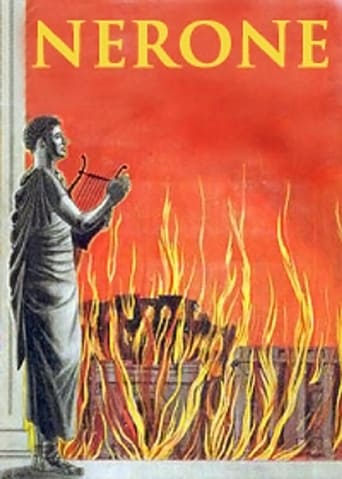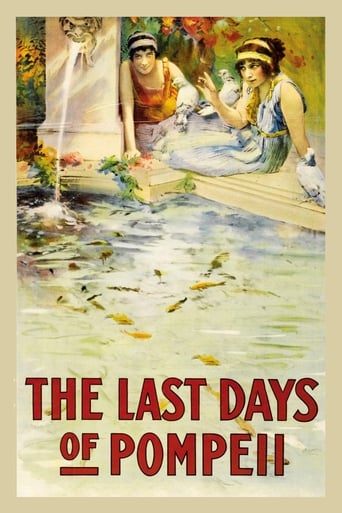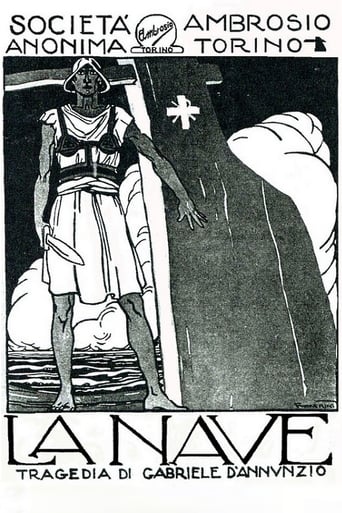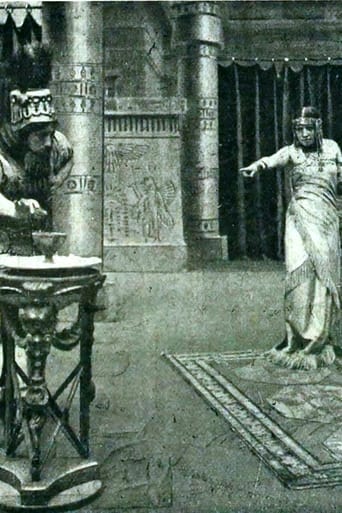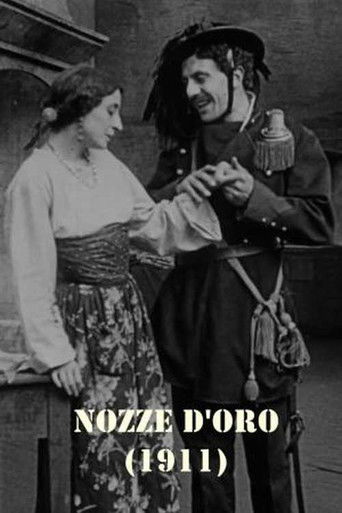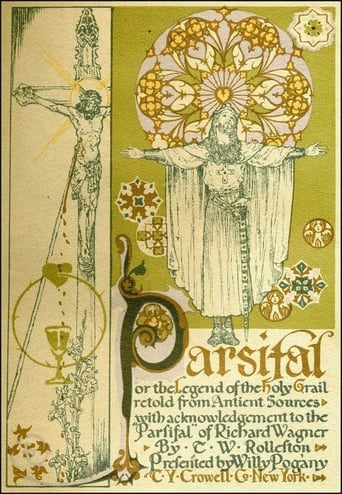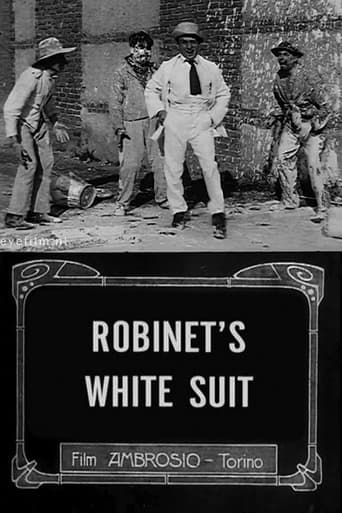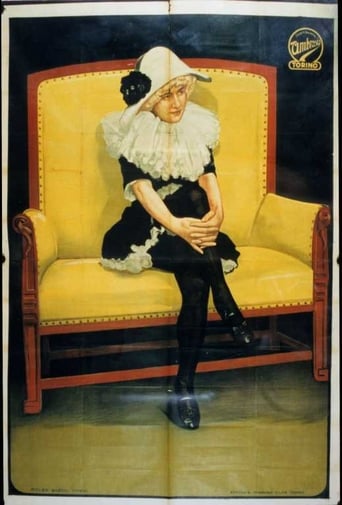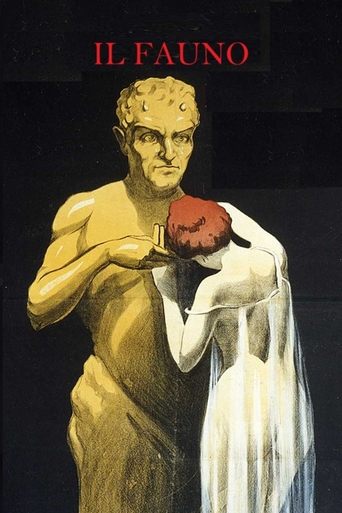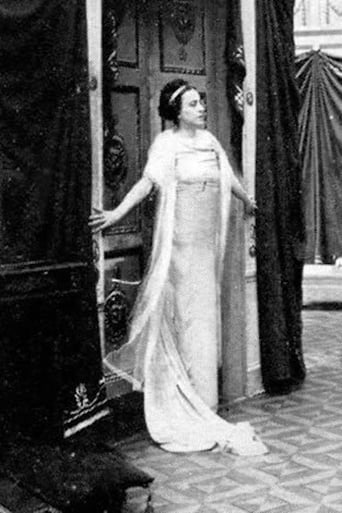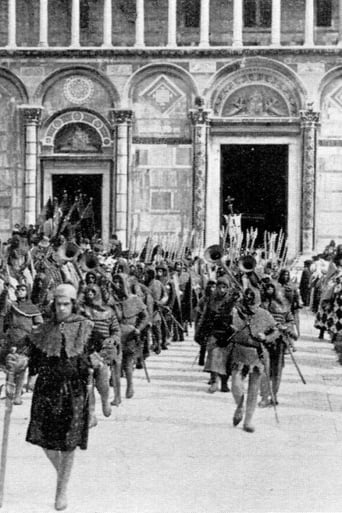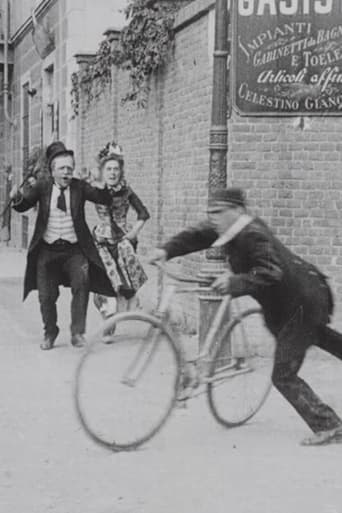The mighty King of Babylon falls in love with a beautiful girl, ruthlessly tears her away from her lover, who is left wounded upon the ground, and carries her to his palace, where he seeks to will her affections, showering her with gifts of precious stones from his treasure chests. The heart-broken girl repulses all his overtures and dashes the jewels to the floor, and the infuriated monarch, incensed at her refusal to share his throne, orders her cast into the lions' den. An immense throng of his court followers are invited to witness the execution, but the expectant throng is dumbfounded when the ferocious beasts, instead of rending the victim to pieces, fawn upon her. A wave of superstitious awe sweeps through the gathering, who regard the incident as a miracle and believe that the girl is under the protection of the gods. The King's guards are overpowered and the girl released, and the monarch, by this time imbued with fear, pays homage to the maiden, who is restored to her lover.
